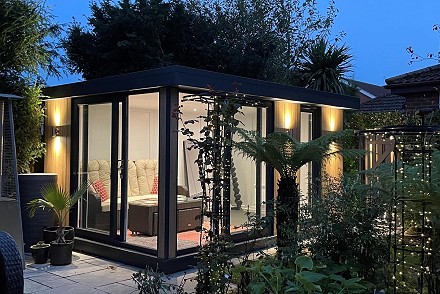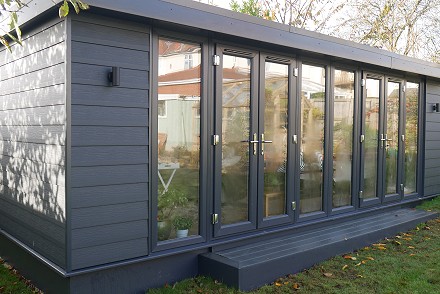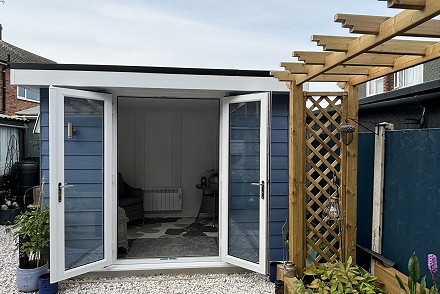Why does double glazing mist up?
5th October 2017
Misted up double glazing is unsightly. It’s also annoying.
Unfortunately, it’s usually a warning sign that your windows are probably not sealed and insulated correctly.
In the double glazing industry, this is often referred to as a ‘failed’ or ‘blown’ unit. The consequence is that you could be wasting money by paying out to heat a home which is not properly insulated.
Below are a few reasons why the problem occurs and some tips about how to deal with it.
Why does double glazing mist up?
Double glazing is made by sealing two panes of glass together and filling the space between them filled with a gas (argon, xenon or krypton) to create an insulating barrier which helps to retain heat. If the seal between the two panes fails or breaks, condensation can get into the double-glazed unit and cause a misted-up window.
The 3 main reasons why the seal breaks on double glazing
Wear and tear: There are various reasons why a seal could break, but it’s mainly due to age or wear and tear. As temperatures rise and fall inside and outside your home, the gas inside the double-glazed unit expands and contracts – putting pressure on the seal. Over time this causes it to weaken and break. Once broken, the continuous expansion and contraction process allows moisture to gradually creep in and the misting up only gets worse.
Poor installation: Double glazed windows that are not installed correctly can suffer from poor water run-off, which can then penetrate the unit and cause condensation.
Cleaning chemicals: Using strong solvents, harsh chemicals and oil-based products to clean your windows and the surrounding area can cause the seal to break over time. Again, this will increase the likelihood of misted up windows because water can seep into the unit.
Discover why you get condensation in double glazing - read our comprehensive guide!
How to stop misted up double glazing
Repair: If your double glazing suffers from misting or condensation between the two panes of glass, you could look to repair the glass unit and the broken seal. Should you opt to do this, always use a FENSA regulated window fitter to ensure you fully comply with UK Building Regulations. Otherwise, it could become an issue if you ever decide to sell the property.
Replace: In our experience, the only way to guarantee that a problem of this nature will not reoccur is to replace the entire window unit with a new one. This solution provides you with complete peace of mind and, in the unlikely event that it should happen again in the future, your investment would be protected by a warranty.
At EYG, we provide a ten-year 'repair or replace' warranty on all installations right across the UK - get in touch or call 0800 181888 for free help or advice.
-

Make a great lifestyle choice in 2025 with a bespoke EYG garden room – installed and ready for use THIS SUMMER!
-

EYG builds its biggest ever garden room for family with four generations all under one roof!
-

‘Our new EYG Garden Room is our little cosy retreat – and we absolutely love it!’
-

EYG expertise ensures new sliding sash UPVC windows are a perfect match to wooden originals on period property









